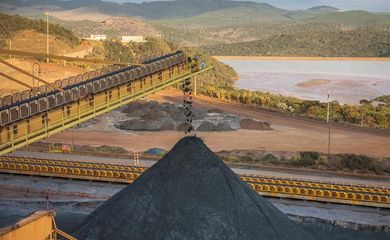New decree changes rules for mining in Brazil

Brazilian President Jair Bolsonaro today (Feb. 14) signed a decree changing 2018 rules in the country’s mining code. The new duties for holders of mining rights concern the environmental accountability of mining firms and norms requiring facilities to shut down.

The changes stem from the new National Policy on the Security of Dams, approved by Congress in 2020 following the collapse of the dams in Mariana (2015) and Brumadinho (2019), both in Minas Gerais state.
Under the decree, mining firms are made responsible for the prevention of environmental disasters and the creation of contingency plans should they occur.
The text also makes clear that the company must be in charge of the well-being of the communities involved and the sustainable development around the mine, as well as the health and safety of workers.
Should any environmental disaster take place, the norm mandates that “the mine must be shut down and de-commissioned in all of its facilities—all tailings dams included.”
The concept of mining activity has also been altered, and now encompasses ore transport and waste storage.
Further modifications stipulate that Brazil’s national mining agency ANM establish “simplified criteria” for the assessment of requests and grants, especially on small-scale enterprises and the use of mineral substances.
Other measures underscore the need for meeting deadlines for prompt execution of mining enterprises. For instance, 60 days were given for the agency to register the environmental license after it is submitted by the mining business. In case the deadline is missed, the registration turns ineffective.
The document seeks to adapt rules to the Law of Economic Liberty and “bring about improvements in the mineral sector, boosting speed by optimizing procedures, making it more appealing to investors and legally safer, having sustainable development standards as its foundation,” a note from the president’s secretariat-general reads.





